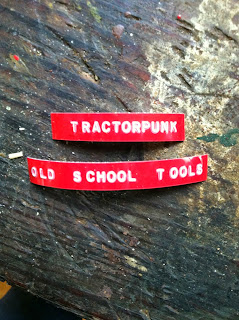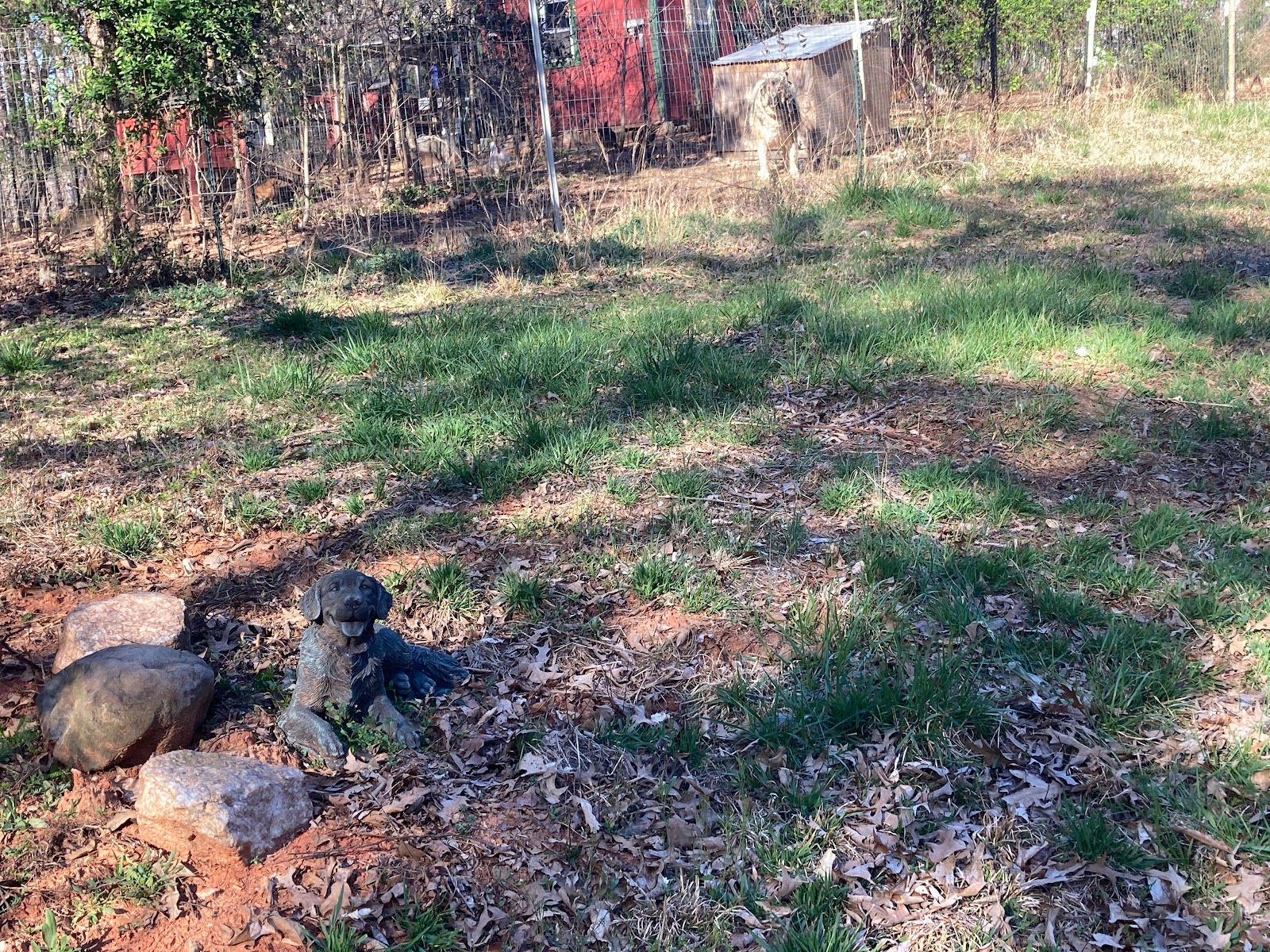It's a dark winter ahead, existentially and literally, and there's no denying it. So why do I feel good today, despite an annoying upper-respiratory infection?
In a time of looming oppression and likely despair, which it promises to be for many of my friends and colleagues, I step into retirement from full-time work. That's not my source of hope: it's the uncanny circularity of a few events that mark the closing of one door, the opening of another.
Everyone at the university says "hey! You'll have more time at the farm," and this is true. As weather and skills permit, I'll be doing repairs on our house, on vehicles, on farm equipment. I'll hunt next year for deer and fish more often from my kayak.
Doing these things keep various Hobgoblins and Imps of the Perverse at bay.
Second, some interesting developments occurred at work. My retirement party was delightful, and I was humbled by the presence of so many colleagues and students who came out to bid me farewell. I received Emeritus status, the first ever for a Director on our campus.
Then came good news from an editor; an article that had been accepted, pending revisions, would appear in January, just in time for my student co-author's applications to grad school. And if that were not enough, a London publisher queried me about writing a book on Artificial Intelligence in teaching. That's a long way from Tractorpunk work, but it's a gig, even if royalties on the last book only net about $50 a year. Such projects are more about service to others and not enriching a writer.
Every small event seemed portentous: grading the final papers, holding the last class, doing final payroll, working with a writer in our Writing Center one last time. The wheel kept turning, of course: my grad class has made for spring, and it will mean one full day on campus weekly. As I told students "they haven't put me in a box...yet." And when asked if it were bittersweet, my answer has been the same "only sweet." Sometimes you need to move on.
On the day of my final one-on-one meeting with my supervisor, a letter (remember them?) appeared in my office mailbox. I recognized the name of a former student and employee who had gone on to affluence in the business world. He's a thoughtful man, with a background in the liberal arts and business theory, now entering middle age. He sent our program a parting gift, a check for $4000 that repeats the gift he gave us a decade ago. I presented it to my boss, and we grinned ear to ear, marking our final exchange with a promise of future rewards: bringing in a guest speaker, maybe hosting a local conference.
Packing is actually momentous, too. I keep finding things as I clean up my office: old books inscribed by deceased colleagues, mementos from conferences I attended, even the stray stapler or binder that sat in my office the day I arrived for work, in 1991. They are all breadcrumbs leading back to my initial uncertainty when I returned from Indiana to my home town, never intending to stay. The Mountain West beyond the humid East beckoned to me then and still does, but not as my home today.
I'm glad I stayed. My mind goes back to kids I've assisted in finding direction. Today I helped a student whose nation is embroiled in civil war. Some terrible tragedy recently afflicted his family. As a result, he did not do his best work for his final project. I considered an incomplete, but I grew concerned about his Visa status. Were he to return home, he might be snatched by militia "recruiters" as soon as he cleared Customs. Americans should ponder that fact deeply and slowly.
In the best tradition of Stoicism, I changed only the thing I could. I cannot save his family or country, but I could help him. So I reached out, offering him the chance to revise. He had a decent passing grade, based upon earlier work. In the event, I wanted to give him hope and a second chance after the holidays. He was delighted. It made me think of those lights in the window, seen as we rush down the highway.
As I put them in our windows today, I noted how they mark a ritual of passing along a road, metaphorically, to arrive not at an exit ramp but onto a new route that seems familiar. What a strange thing, pagan most likely from Winter Solstice rituals, to put little lights in our windows to shine into the blackness during the longest nights of the year. It's a tradition that transcends the religious ceremonies of various faiths. All lighting of candles are acts of hope.
Nature, too, sends us her signals. Out in the field sloping below the spot where we buried our beloved livestock dog Vela, little green shoots are coming up. I'd harrowed and seeded the field with winter rye, far too late in my estimation. It was simply too busy on the job to find a day when it was not raining or the soil too dry. Yet up the sprouts came, to be tilled under in spring as a green manure, so I can plant Buckwheat for our pollinators and sunflowers for our wild birds.
They don't despair except, perhaps, when no food can be found. I'm going to help with that and provide them some hope, too. Do what you can. Small acts are going to count mightily.






























